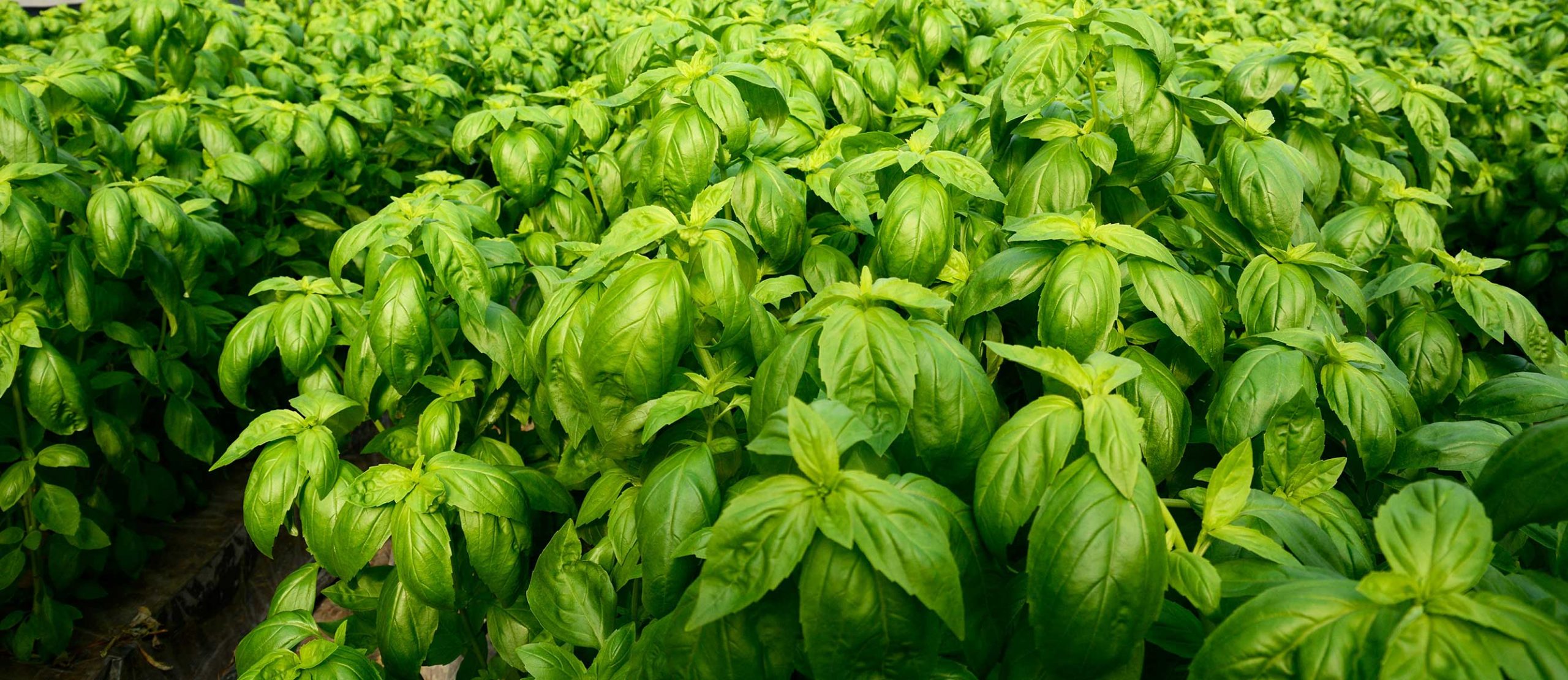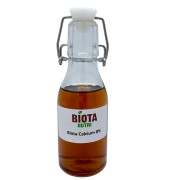
Why is calcium an important mineral for the crop?
Calcium is an indispensable mineral for plants. The essential functions of calcium are the development of the root and the structure and strength of the cells of the plant. A good calcium supply is important for the development of shoots, leaves, and flowers and for better fruit quality. A good calcium supply increases the plants’ resilience, making them less susceptible to diseases.
Calcium also plays an important role in the soil. It provides an airy soil structure, increases the soil pH so that other nutrients are better absorbed. In short, calcium contributes to the improvement of the quality of the crop and its soil.
Related growth problems are symptoms of a calcium deficiency
A calcium deficiency is the result of a low temperature, moisture deficiency, too low soil stock, or limited transpiration. Possible shortages of calcium are therefore first expressed in the youngest leaves in the form of brown discoloration. A calcium deficiency limits the plant’s growth.
Symptoms of a calcium deficiency in different crops:
- Cucumber: bulb leaves and forcing heads
- Tomato: leaf tips and nose rot
- Alstroemeria: moisture leaves
- Lisianthus: fire heads
- Strawberries: tipburn
- Celery: heart rot
- Lettuce: leaf margin
The symptoms are different per crop, but they all have the same cause; the death of the outer margin of the leaf tissue, this is caused by weak cells as a case of calcium deficiency. This makes the plant susceptible to fungus, bacteria, and insects.
Good calcium supply
A resilient crop and sufficient calcium absorption of their crop are important for many entrepreneurs. Until now, the choice of calcium fertilizers was limited to Calcium nitrate and Calcium chloride. Lime nitrate provides a lot of nitrate in addition to Calcium, which usually limits the amount of calcium.
Calcium chloride can offer a solution if the crop accepts this chlorine input. In a recirculating system, calcium chloride in turn can increase the chlorine number too much. To be able to increase calcium without chloride or nitrate, there is now Biota Calcium 8%.
Biota Calcium 8%
Biota Calcium 8% corrects and prevents calcium deficiencies in all kinds of crops. This calcium fertilizer can contribute to constant fruit development, increase fruit hardness and fruit quality. The product is made entirely from plant materials and allowed in organic agriculture and horticulture.


Characteristics:
- Constant fruit development
- Increases fruit hardness
- Increases fruit quality
- Excellent calcium absorption by the plant
- Promotes calcium mobility
- The calcium is 100% absorbable
Function as a foliar fertilizer
Biota Calcium 8% is a high concentration of calcium with a lignosulphonate (LSA). Lignosulfonate is an organic molecule with a favorable effect, which ensures a proportional wetting of the water droplet on the leaf surface. In addition, lignosulfonate ensures that the water droplet adheres to the surface so that the water is not lost. And lignosulfonate also hydrates the leaf, so that crystallization of the salts of other fertilizers by the ‘magnifying glass’ effect of the sun or daylight cannot cause burns.
Packing unit
Packaging: 1,5 – 10 – 20 – 220 – 1000 liters


Application
Biota Calcium 8% is highly concentrated, making it very suitable to serve as an extra calcium fertilizer in addition to or as a replacement for your lime nitrate. Biota Calcium 8% is also permitted in organic agriculture and horticulture.
Here you will find an overview of the application for the different crops.
Order here your Biota Calcium
Biota Calcium 8% via info@biota.nu or fill in the contact form below.



